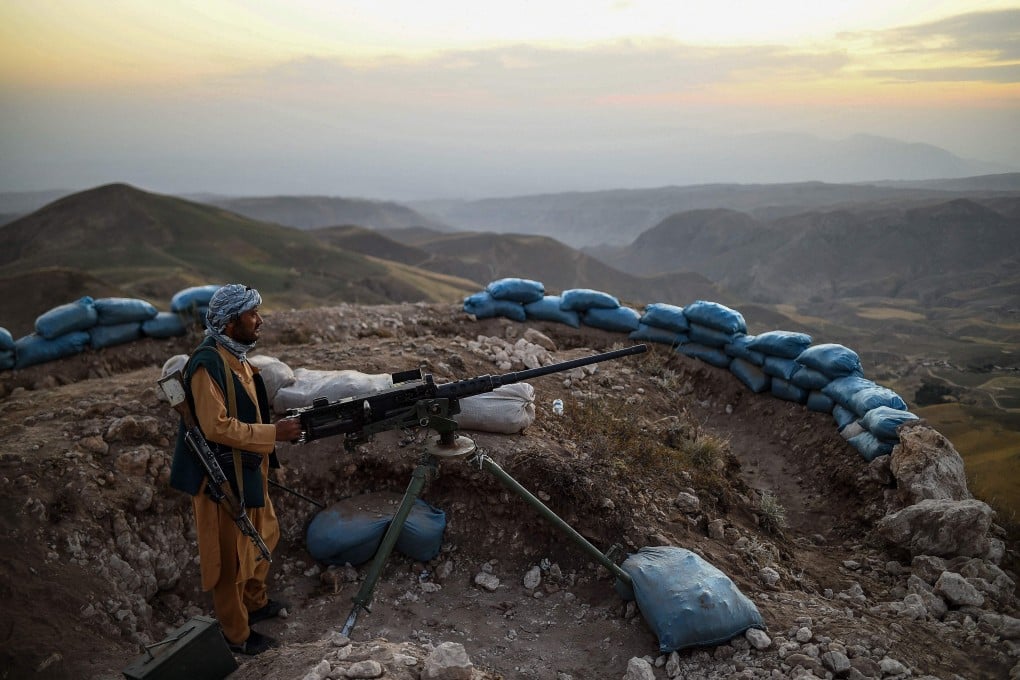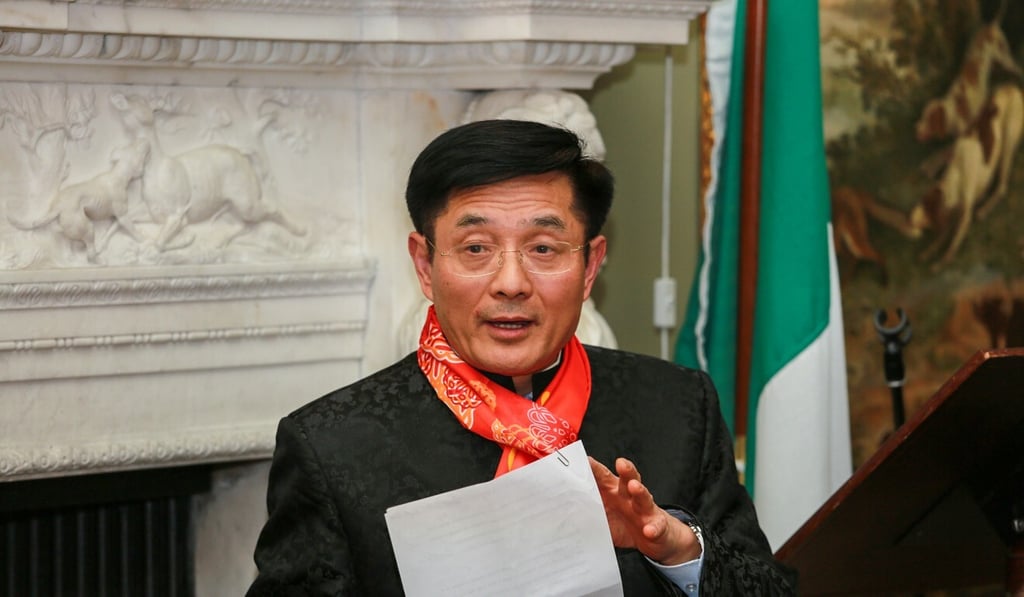Advertisement
China appoints Afghanistan special envoy as it prepares to play greater role after US troop withdrawal
- The appointment of Yue Xiaoyong comes amid growing concern about instability once the last American forces leave the country
- Foreign ministry say the career diplomat will ‘establish contact with all sides as soon as possible’
2-MIN READ2-MIN
8

Jun Maiin Beijing
China has appointed Yue Xiaoyong, a veteran diplomat with experience in the US and Middle East, as its new special envoy to Afghanistan.
Yue is replacing Liu Jian, who was only appointed to the post a year ago. Diplomatic observers said his appointment was a signal that Beijing was willing to play a greater role in the country following the US troop withdrawal.
“China has always been proactively involved in and pushing for the Afghan peace process,” Chinese foreign ministry spokesman Zhao Lijian said in Beijing on Wednesday.
Advertisement
“[Yue] is a seasoned diplomat … he will establish contacts with all sides as soon as possible.”

Advertisement
Yue previously served as head of the political section of the Chinese embassy in Washington and as a deputy director of the foreign ministry’s planning department.
Advertisement
Select Voice
Select Speed
1.00x